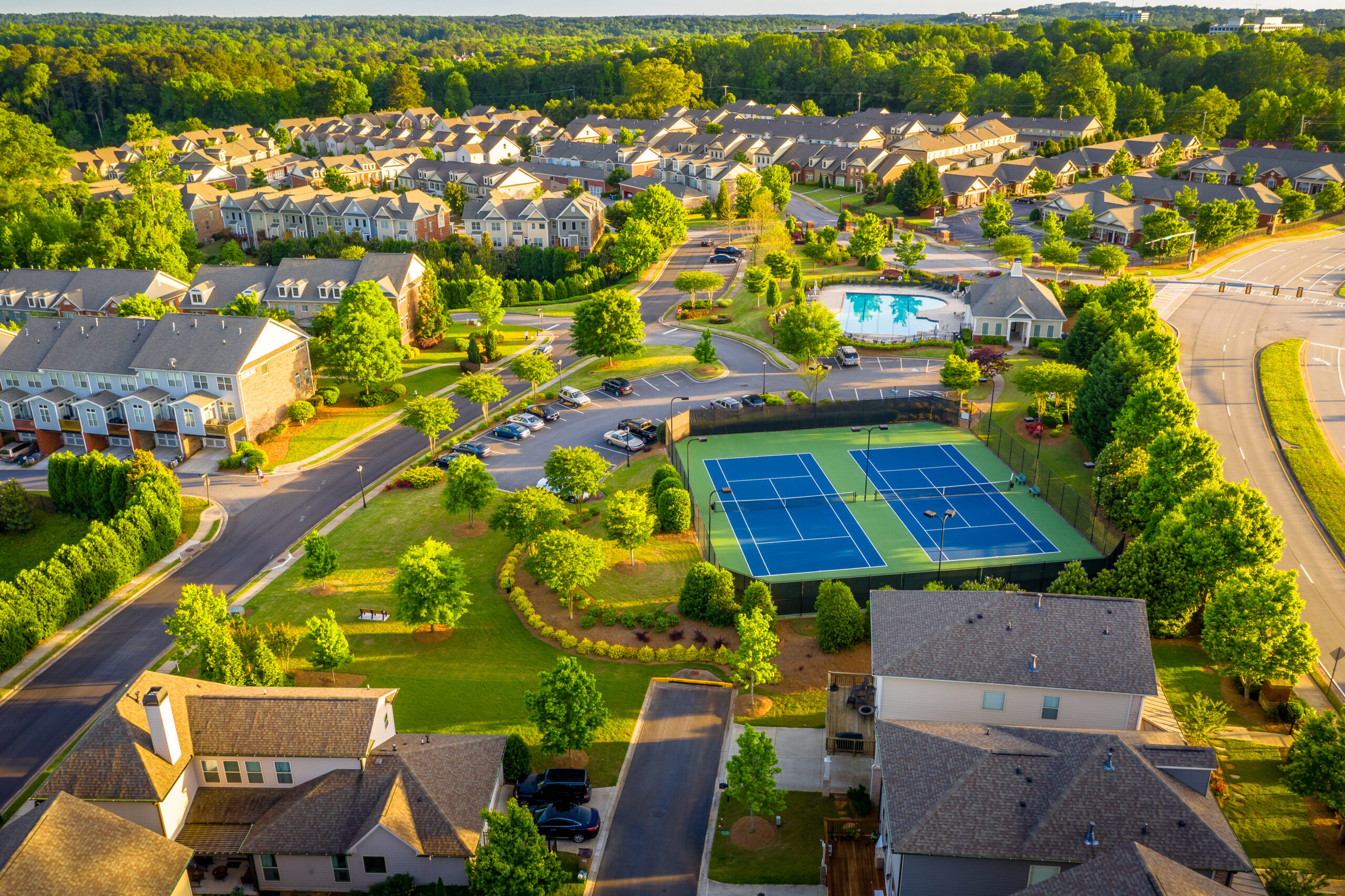Conducting a reserve study is crucial for any homeowner association (HOA) or condominium board. It involves planning for the future maintenance and replacement of major common area components, ensuring the association’s financial health, and preventing unexpected financial burdens on members.
However, association boards are made up of willing volunteers that are passionate about making positive change in the community. Unfortunately, passion doesn’t always equal experience regarding important financial matters like a reserve study. In these situations, associations make critical errors during this process, leading to significant financial and operational challenges.
Join us, as we explore the top mistakes to avoid when conducting a reserve study and provide insights on ensuring a successful outcome.
Your Team Treats Reserve Studies as ‘Just Another Accounting Task’
One of the most common mistakes is viewing reserve studies as merely another accounting function. While accounting and reserve planning deal with finances, their focus is fundamentally different.
Accounting looks backward, documenting past financial transactions to bring order and clarity. Reserve planning, on the other hand, looks forward, predicting future events and preparing for them. It requires strategic thinking, market research, and trend analysis.
Assigning this task to someone comfortable only with documenting past events can doom the project from the start. Successful reserve planning involves creating a vision for the future and leading the association towards it.
Ignoring the Importance of Percent Funded
Many associations focus solely on their cash balance without understanding the concept of “Percent Funded.” Percent Funded measures the strength of the reserve fund by comparing the current reserve balance to the ideal reserve balance for the association’s assets.
It indicates the risk of needing a special assessment. A low Percent Funded (0-30%) signifies a high risk of special assessments, while a high Percent Funded (over 70%) indicates a low risk. As a rule of thumb, a percentage funded below 70% should always be scrutinized and considered for a special assessment.
Knowing the cash balance without considering the percentage funded can lead to significant financial oversight and unplanned assessments.
Failing to Regularly Update the Reserve Study
A reserve study is not a one-time task. Due to factors like weather, usage, wear, damage, financial changes, and unexpected failures, reserve studies can become inaccurate shortly after completion.
Associations need to update their reserve studies regularly to reflect current conditions. There are three types of reserve studies: Full Reserve Study (a comprehensive evaluation), Update with Site Visit (a physical inspection update), and Update No Site Visit (a financial update without physical inspection). Choosing the right type of update based on the association’s needs ensures the reserve plan remains accurate and effective.
In order to stay on top of the accuracy of your reserve study, we recommend reviewing it annually and physically updating your reserve study every 2-3 years.
Neglecting the Impact of Inflation and Interest
Associations often overlook the significant effects of inflation and interest on their reserve plans. Inflation affects the total value of assets, while interest only affects the funds on deposit.
Inflation typically has a more substantial impact, requiring consistent study reviews and adjustments in reserve contributions.
For example, a 1% change in the assumed inflation rate can necessitate a 22% change in reserve contributions to keep your funds afloat. Neglecting these factors or using inaccurate estimates can lead to underfunding and financial shortfalls.
Confusing Minor Issues with Major Significance
A reserve study should focus on major components and their replacement or repair, not minor issues. Over time, some studies become cluttered with trivial projects, making them unwieldy and less effective as planning tools.
Associations should avoid “checker-boarding,” where minor exceptions disrupt the overall plan. Instead, reserve studies should maintain integrity by focusing on significant components and allowing minor issues to be handled separately.
In short, if you think a project “may need to be done,” it should not be included as a component of your reserve study. Put your funds to more pressing and immediate matters.
Not Working with a Team of Professionals
Conducting a reserve study involves various complexities that require expertise in different areas. Attempting to handle it internally without the assistance of professionals can lead to errors and oversights.
Working with a team of experienced reserve study professionals, financial advisors, and legal experts ensures a comprehensive and accurate study. These professionals bring specialized knowledge, help navigate legal requirements, and provide valuable insights into long-term planning and financial management that make your reserve study air tight and worth the effort.
Perfect Your Reserve Study With ReserveWise, Today!
Conducting a successful reserve study is essential for the financial health and stability of any homeowner association or condominium board. By avoiding these common mistakes and focusing on strategic planning, regular updates, and professional collaboration, your association can ensure it’s well-prepared for future maintenance and replacement needs.


